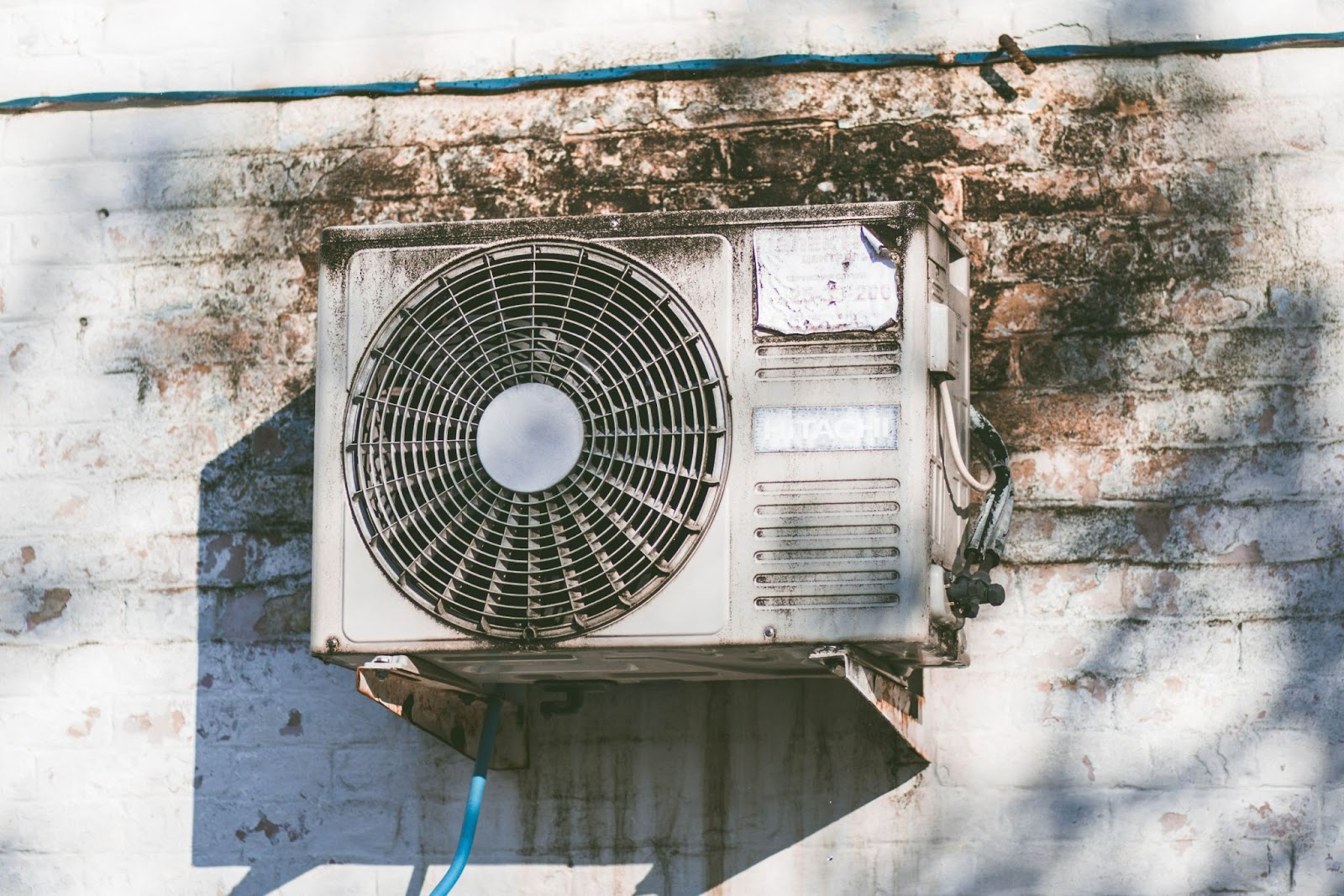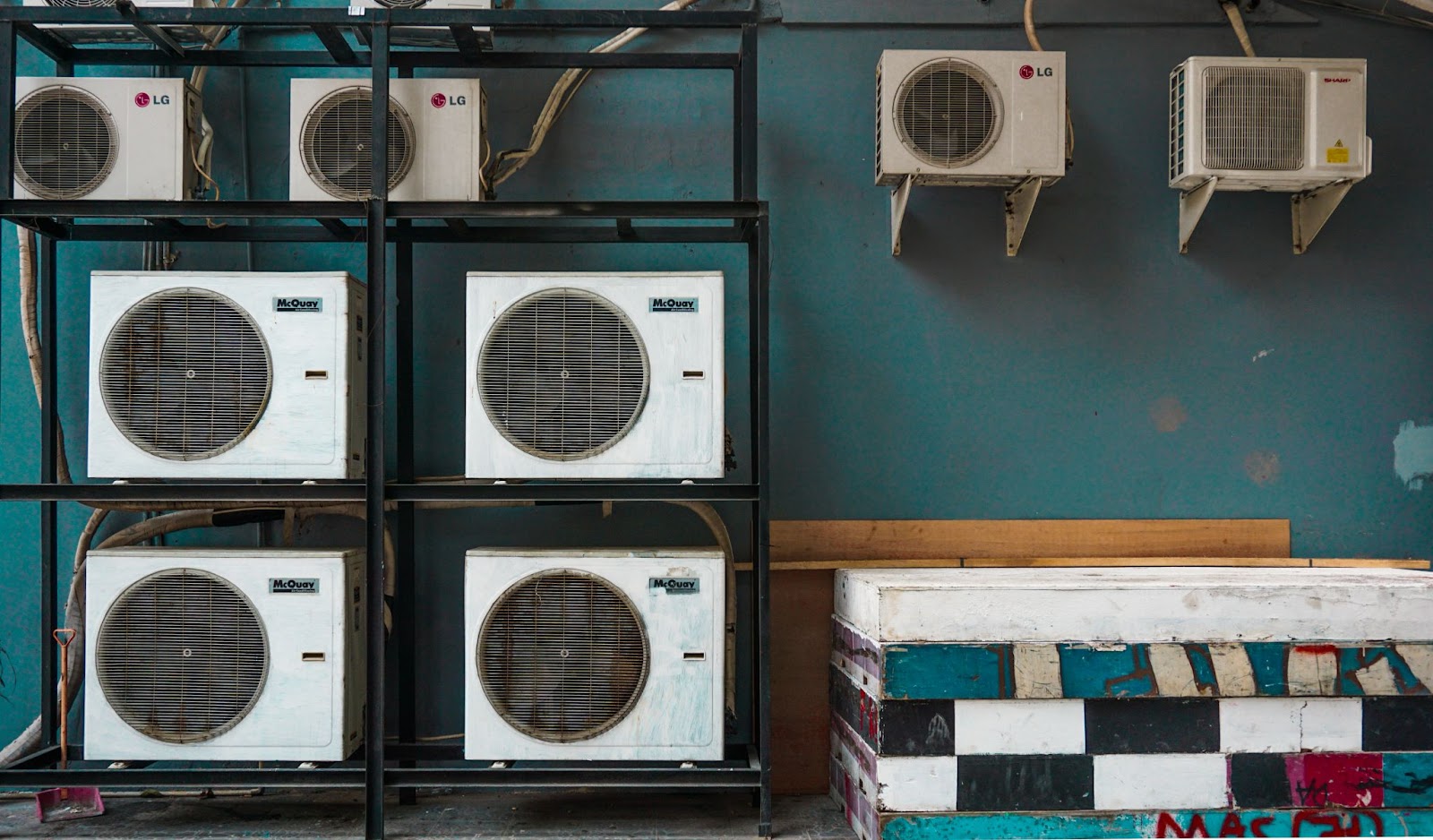
Air conditioners play a significant role in modern households and businesses, providing much-needed relief from the heat during warmer months. As such, it’s essential to understand the various types of air conditioning units available to select the one that works best for your space. There are three primary types of air conditioning units: window-mounted, split-system, and central systems.
Window-mounted Air Conditioners
Window-mounted air conditioners are designed for single rooms or small spaces and offer an economical cooling solution for those looking for short-term relief from rising temperatures. This unit type is easy to install as it fits perfectly into a standard-sized window opening. Since they’re self-contained and feature user-friendly controls, window units are ideal for renters who don’t want to permanently modify their homes.
Split-system Air Conditioners
Split-system air conditioners are often used to cool large spaces such as commercial buildings and homes. This system comprises an outdoor condenser unit and an indoor evaporator coil. The outdoor unit is the more visible, while the coil is typically installed in the attic or basement. Although split systems cost more than window units, they provide superior cooling power and efficiency over time.
Central Air Conditioning Systems
Central air conditioning systems are popular for more significant residential properties or commercial facilities, as they can efficiently cool multiple rooms or large areas. They’re powerful enough to keep the entire space at a comfortable temperature. Furthermore, they can be set up with zoning systems where different temperatures are maintained in various sections of the home or office.
Making the Right Choice
Understanding your cooling needs is essential when choosing the right air conditioner for your space. Window-mounted air conditioners may be cheaper initially, but split or central systems offer better efficiency and value for money over time. It all depends on your preferences and budget, so take some time to compare the features of each type before arriving at a final decision. Ultimately, you want an AC system to keep your area cool and comfortable while staying within your budget.
The Benefits of Using an AC Installer
Professional installers specializing in carrier ac service are knowledgeable and experienced in installing all AC systems, from window-mounted units to central systems.
One of the best benefits of using an AC installer is that they can advise you on which type of unit would be best suited for your space. Professional installers have experience installing different models and brands and can help you select one that fits within your budget while meeting all your cooling needs. They will also assess whether any modifications need to be made to the building structure or wiring before installation begins.

Another benefit of using an AC installer is that they can provide maintenance services after installation and diagnose any potential problems with your system, which means you’ll have access to expert advice should anything go wrong with your air conditioner, saving you time, money, and stress in the long run.
Having a professional handle the installation process ensures everything runs smoothly without hiccups. A qualified technician will know how to properly connect wires, secure brackets, mount outdoor condensers onto walls or roofs, set up thermostats, and ensure the AC system runs efficiently.
How to Maintain Our AC Unit
Maintaining an AC unit is essential to ensure it runs smoothly and efficiently while extending its lifespan. First and foremost, check the filters regularly and replace them when necessary. Clogged or dirty filters can reduce the air conditioner’s efficiency and cause overwork. It’s also a good idea to clean the fan blades, evaporator coils, and condenser coils now and then with a brush or vacuum cleaner attachment, which helps remove dust buildup and can reduce airflow.
Regularly check for leaks around the unit’s seals and pipes, which can lead to water damage in your home or office. Additionally, keep all vents open for proper airflow throughout the building. If you see any cracks or holes in ductwork, a professional should repair these immediately to prevent energy loss and higher utility bills.

Schedule regular maintenance checks with an experienced AC technician at least once a year. They can inspect your system for any potential problems that could interfere with its performance and ensure it runs efficiently. Maintenance checks usually include cleaning components such as condensers, lubricating moving parts, checking refrigerant levels, testing thermostats, inspecting belts, examining wiring connections, and inspecting fan motors.
Conclusion
An air conditioner can be an invaluable addition to any home or workspace. Various types are available depending on your budget and cooling needs, so take the time to weigh up your options before investing in one. Furthermore, enlisting the help of a professional installer will ensure that your AC is installed correctly and safely, saving you time, money, and stress in the long run. This article has provided information to help make understanding different types of AC units easier and finding the right one for you a breeze. With all this knowledge, you’re ready to find the perfect air conditioner for your space.





